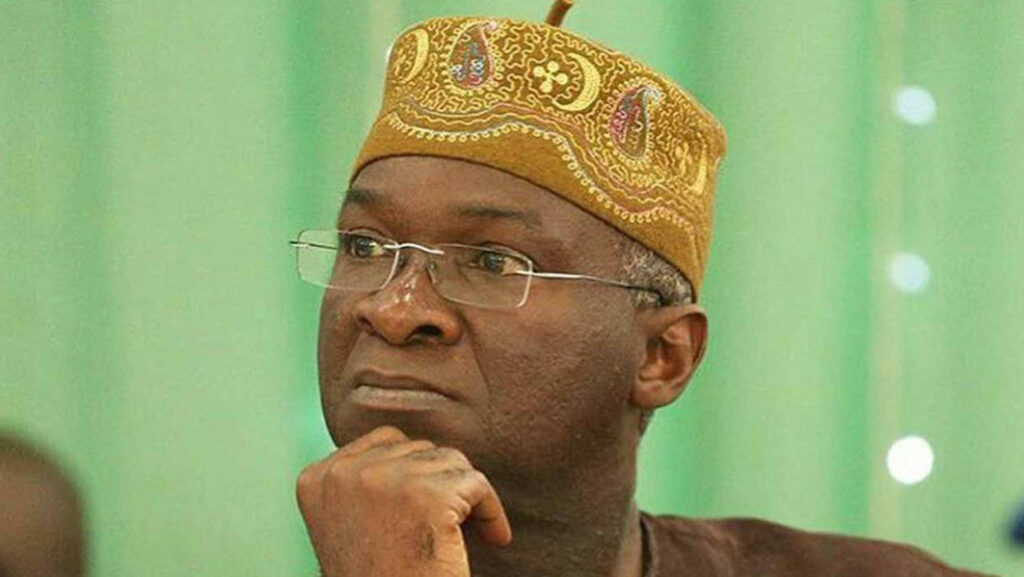Minister of works and housing, Babatunde Fashola has stated that Nigeria can not continue to depend on other countries for vaccines during disease outbreaks.
Nigeria has continued to receive vaccines produced in other countries since the outbreak of COVID-19.
Nigeria has so far received millions of COVID vaccines from the US, UK, France, India, China, as well as through the COVAX facility coordinated by the World Health Organisation (WHO).
Fashola while speaking on Tuesday at a media briefing organised by the Nigeria Institute of Medical Research (NIMR) Foundation said there is a need to develop human capacity in medical research to proffer solutions to existing diseases of public health concern.
The minister, who is also the chairman of the non-profit organisation, said the foundation was initiated to raise funds to promote medical research that will benefit Nigerians.
“We cannot continue as a nation to depend on other nations of the world for vaccines during outbreak of pandemics,” he said.
“NIMR was founded in 1977 with the vision to lead medical research, while her contemporary in the US, UK, India and other parts of the world are undertaking groundbreaking, farsighted development via research work in biosciences and biotechnology.
“NIMR has been limited due to funds, but it might surprise you that NIMR has demonstrated clearly to come up with research works despite this challenge, in the areas of diagnostic kits for COVID-19, sickle cell, therapies and remedies that are life changing.”
According to him, the target of the foundation is to raise N10 billion to kick-start a programme that will be channeled into critical areas of research.
Muhammad Sanusi, the former emir of Kano, who is also a member of the foundation’s board of trustees, said it is time for the country to develop a sense of urgency to improve access to quality education and healthcare.
Sanusi said the foundation had engaged the service of UTL Trust Management Ltd., an asset management company, to handle funds that would be raised for critical areas of research.
“For us to appreciate what is going on here, we have to look beyond statistics and look at the number of humans behind most of these statistics of people dying or suffering from diseases that are peculiar to people in this part of the world,” he said.
“Some of these deaths are avoidable if we have the right mechanism in place to address them. That is why an advisory board is already in place to provide direction on the research work that will be embarked on.”
He added that the foundation will publish its reports on a yearly basis, in line with global best practices.
